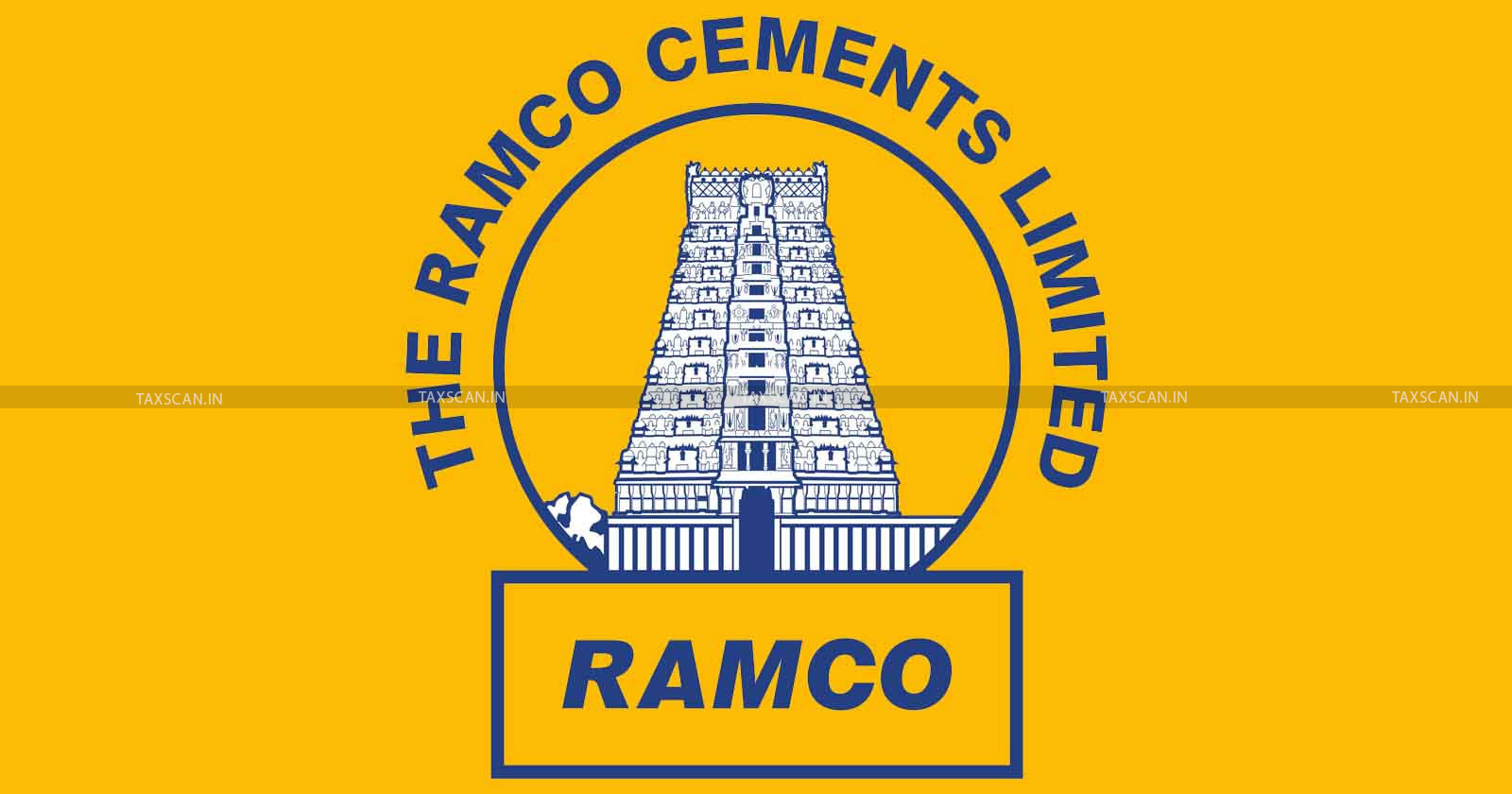Customs Inquiry Report Beyond 90 Days under Regulation 17(5) of CBLR is Invalid: Madras HC [Read Order]
The Madras High Court set aside a customs inquiry report issued after 161 days, ruling it invalid under Regulation 17(5) of CBLR
![Customs Inquiry Report Beyond 90 Days under Regulation 17(5) of CBLR is Invalid: Madras HC [Read Order] Customs Inquiry Report Beyond 90 Days under Regulation 17(5) of CBLR is Invalid: Madras HC [Read Order]](https://images.taxscan.in/h-upload/2025/09/24/2090345-customs-inquiry-report-taxscan.webp)
In a recent ruling, the Madras High Court held that a customs inquiry report issued beyond the 90-day period prescribed under Regulation 17(5) of the Customs Brokers Licensing Regulations, 2018 is invalid.
Sea Queen Shipping Services Pvt. Ltd., the petitioner, is a licensed customs broker. It had filed Bills of Entry for an importer, Anomsoft Solutions Pvt. Ltd., which came under investigation. Following this, the Principal Commissioner of Customs suspended the petitioner’s licence under Regulation 16(1) of the CBLR.
A subsequent order on 10 January 2025 continued the suspension for the Delhi branch and initiated inquiry proceedings under Regulation 17 of the CBLR.
 Also Read:“User Test” Theory Classifies Cement and Steel Items Used for Own Plant Construction as Inputs: CESTAT Allows Ramco Cements to Avail CENVAT Credit [Read Order]
Also Read:“User Test” Theory Classifies Cement and Steel Items Used for Own Plant Construction as Inputs: CESTAT Allows Ramco Cements to Avail CENVAT Credit [Read Order]
A show cause notice dated 17 January 2025 alleged that the petitioner had failed to meet obligations under Regulations 10(d), 10(n), and 10(q), and called upon it to explain why its licence should not be revoked, its security deposit forfeited, and penalty imposed.
The petitioner filed a detailed reply on 15 February 2025, arguing that the notice itself was issued beyond the 90-day limit under Regulation 17(1) and was illegal. The petitioner also requested the opportunity to cross-examine certain officers and experts connected with the case, as provided under Regulation 17(4).
On 27 June 2025, the inquiry officer submitted a report. The report dropped the charges under Regulations 10(d) and 10(n) but held that the petitioner had violated Regulation 10(q). Aggrieved, the petitioner approached the High Court, challenging the report as time-barred and in breach of natural justice.
The petitioner’s counsel argued that under Regulation 17(5), an inquiry report must be submitted within 90 days from the date of the show cause notice, and since the report was filed after 161 days, the proceedings were vitiated. They relied on multiple precedents, including decisions of the Madras and Delhi High Courts, where the 90-day limit was treated as mandatory.
The respondents’ counsel argued that the time limit was only directory, not mandatory, as no consequence was prescribed for non-compliance. They explained that the delay was partly due to the petitioner, who sought adjournments before attending a personal hearing in June 2025.
The counsel also argued that the writ petition was premature, since the Principal Commissioner had yet to take a final decision and the petitioner had an alternate remedy of appeal.
 Also Read:Termination of Concession Agreement does not Discharge Corporate Debtor's Obligation to Repay: NCLAT [Read Order]
Also Read:Termination of Concession Agreement does not Discharge Corporate Debtor's Obligation to Repay: NCLAT [Read Order]
The single-judge comprising Justice N. Anand Venkatesh observed that the show cause notice was issued on 17 January 2025 and the inquiry report was delivered on 27 June 2025, well beyond the 90-day limit.
The court explained that earlier rulings of the Madras High Court had consistently held the time frame under Regulation 17(5) to be mandatory. It pointed out that even by the date of the first hearing on 28 April 2025, the statutory period had already expired, and any further delay could not be attributed to the petitioner.
The court also observed that there can be no estoppel against law, and participation in the proceedings does not cure a violation of statutory timelines.
The court held that the inquiry report was invalid as it was issued beyond the prescribed period. The writ petition was allowed, and the inquiry report dated 27 June 2025 was set aside. No costs were ordered, and connected petitions were closed.
Support our journalism by subscribing to Taxscan premium. Follow us on Telegram for quick updates


